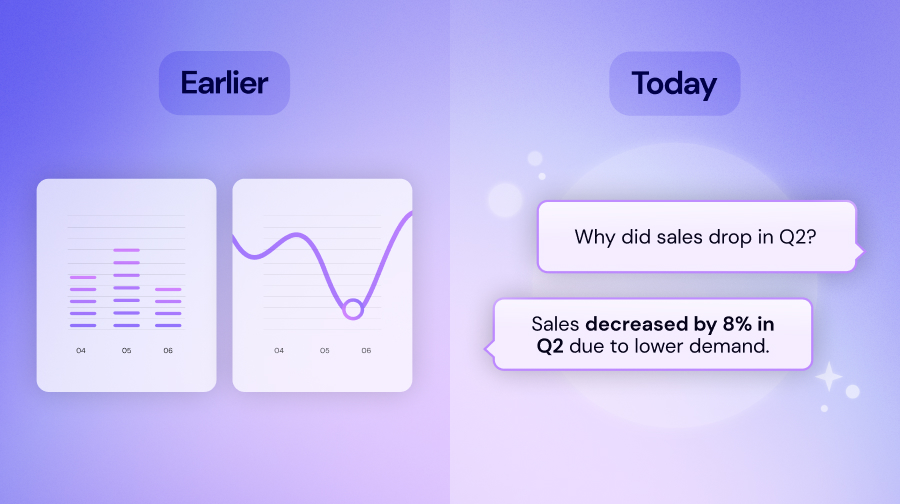In the rapidly evolving world of artificial intelligence, understanding the nuances between different AI-driven tools can be crucial for business leaders and knowledge workers. Two terms that often come up in conversations about AI in the workplace are "AI chatbot" and "AI assistant." While these terms are sometimes used interchangeably, they refer to distinct types of technology with different capabilities and applications. Let's explore what AI chatbots and AI assistants are, how they differ, and how AI assistants can significantly benefit knowledge workers by enhancing work effectiveness.
What is an AI Chatbot?
An AI chatbot is a software application designed to simulate human conversation through text or voice interactions. Typically, chatbots are used for specific, predefined tasks such as customer support, answering FAQs, booking appointments, or processing orders. They operate based on a set of rules and algorithms that allow them to recognize keywords and phrases to provide appropriate responses. While some advanced chatbots can handle complex interactions using natural language processing (NLP), their primary function remains task-oriented and transactional.
What is an AI Assistant?
An AI assistant, on the other hand, is a more advanced form of AI technology that goes beyond simple conversation. AI assistants are designed to perform a broader range of tasks and provide more comprehensive support by understanding context, retrieving information, and even making recommendations based on user behavior and preferences. AI assistants leverage AI to learn from interactions, making them more intelligent and adaptable over time.
Key differences between AI Chatbots and AI Assistants
Functionality:
- AI Chatbots: Limited to specific, pre-defined tasks and interactions.
- AI Assistants: Capable of performing a wide range of tasks, understanding context, and adapting to user needs.
Complexity of interactions:
- AI Chatbots: Handle straightforward, transactional conversations.
- AI Assistants: Manage complex, multi-step processes and provide more in-depth support.
Learning and adaptability:
- AI Chatbots: Limited learning capabilities, often requiring manual updates for improvements.
- AI Assistants: Continuously learn from interactions and improve their performance autonomously.
Context awareness:
- AI Chatbots: Limited context awareness, often struggling with maintaining context over long conversations.
- AI Assistants: High level of context awareness, enabling them to provide relevant and timely assistance.
Integration capabilities:
- AI Chatbots: Typically integrated with specific systems or platforms.
- AI Assistants: Can integrate across multiple systems, tools, and platforms, providing a unified user experience.
How AI Assistants benefit employees
AI assistants offer a plethora of benefits that can significantly enhance the productivity and effectiveness of employees and knowledge workers in particular. According to a McKinsey study quoted by Forbes, employees are spending up to 1.8 hours daily searching and gathering information. Therefore, it is clear that AI Assistants are one of the greatest productivity levers for companies in 2024 and 2025. The specific benefits include:
- Streamlined information retrieval: AI assistants can quickly access and retrieve relevant information from multiple information sources, saving time and reducing the effort required to find and gather necessary data.
- Enhanced decision-making: By analyzing data and providing insights, AI assistants help knowledge workers make informed decisions more efficiently.
- Task automation: Repetitive and time-consuming tasks, such as generating reports or presentations, can be automated by AI assistants, freeing up time for more strategic activities.
- Personalized recommendations: AI assistants can learn individual preferences and work habits, offering personalized recommendations to support individual workflows.
Security considerations
AI Assistants promise huge productivity gains for individual employees. However, they perform best when combined with specific company data and personal context. That requires sharing sensitive information with AI systems, so IT business leaders need to carefully consider platform technology and vendor to ensure that company data is protected according to required standards.
Zive is a European Enterprise Knowledge and AI platform that offers AI-powered enterprise search and a context-aware AI Assistant. It has been built with security and data protection at its core and in full accordance with EU regulations.












.jpg)


